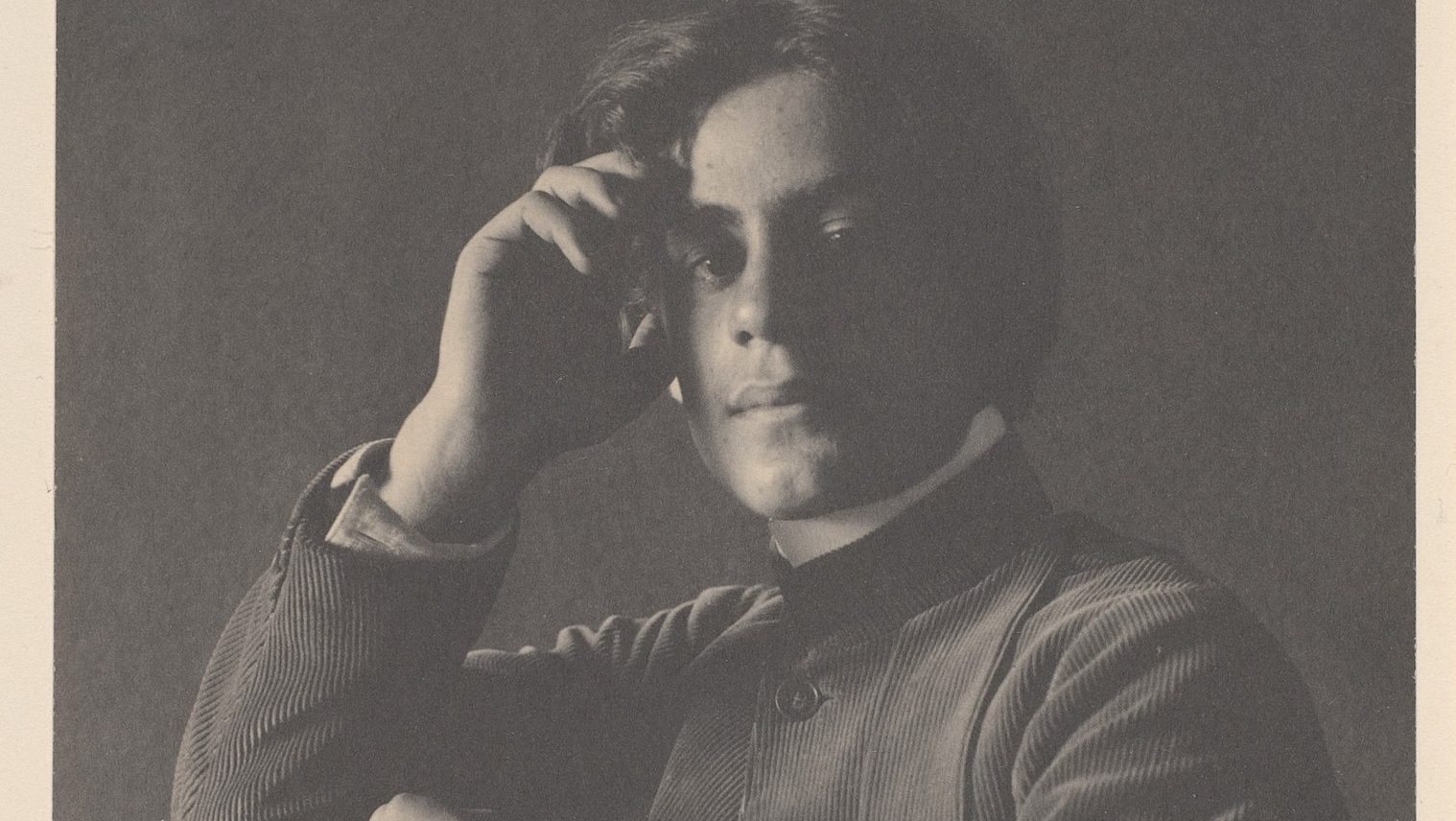Re-imagining Judaism.
Transcript: Oh gosh. Well I’m sort of a futurist about religion and Judaism in the world. And I think about how to . . . I mean I run a think tank, literally. I run a think tank called the National Jewish Center for Learning and Leadership. I’m the President of that organization. It’s 27 years old. It was founded by a man named Elie Weisel, and another man named Rabbi Irving Greenberg. And it’s a think tank about reimagining Judaism in the contemporary era, and reimagining the role of religion as a very, very serious pluralist phenomenon. So religious pluralism is what I do; but I guess specifically at this moment is I’m working to try to loosen the connection between religious traditions, narratives, practice, religious wisdom and their kind of tribal, creedal, dogmatic function. Unfortunately right now religion is rearing a very ugly head again in the world and including here in the United States. And that’s because religion is being used to legitimate people’s group identity, people’s political identities and hardening them rather than actually destabilizing all identities so that we can actually develop new sorts of relationships across every possible boundary. I work on the reimagining of religion that way.
Transcript:When you see people who have been . . . There’s a few of them actually. I mean it’s an interesting moment to ask that question because I traveled the country over the last nine months because I came out with a book. The book is called “Yearnings: Embracing the Sacred Messiness of Life”. And what I’ve gotten to see is sacred messiness across this country. And I think that the greatest joy has been when people come up to me who have not walked into any religious environment – neither a church, or a synagogue, or a temple – they have not walked in anywhere from . . . Let’s see. The longest that somebody told me “I haven’t walked into a synagogue” was 70 years; to somebody just the other day who said, “I haven’t been in a church in 30 years. This is the first time I’ve reconnected to my own way of . . . my own religious background and my religious inheritance.” Because I don’t care what religious inheritance or tradition a person takes on. I only care about whether the practices actually work to make us more enlightened and a little bit more compassionate. And the joy comes from seeing people who had actually been hurt by their religion say, “Oh wow! What I was hurt by isn’t what religion has to be. It can actually be very different.” And that happens for everybody. It doesn’t matter what religion people have been brought up in. Religion has hurt a lot of people. And the shame is now we have a split worldwide, but a real split in this country between what I called “fundamentalists” – religious fundamentalists. We know who they are. They actually know exactly what the God they believe in says all the time forever. And then we have secular fundamentalists. They are just as certain as religious fundamentalists about what the God they don’t believe in says. And I think the real challenge is most of us are not fundamentalists of either stripe. We’re trying to make our way in the world. And religious wisdom, and tradition, and practice actually is just one really potentially important tool or resource to help us navigate that way. And I like to create that kind of dialogue between wisdom and the practice in people’s real lives.





